Directory
- Share
Joshua Davidson
- Alumni
- United States
- 2002 Diploma Computer Science
- Darwin College

Joshua Davidson
- Alumni
- United States
- 2002 Diploma Computer Science
- Darwin College
Since I graduated from Cambridge I have moved to the San Francisco Bay Area originally in order to join a federally-funded (MBDA and SBA) business consulting company serving minority and women-owned businesses in low-income communities. However, since then, I have moved on to be a Business Analyst with Broadlane, a nationally renowned health-care sourcing organization, in downtown San Francisco, CA.
Alexander Davies
- Alumni
- Australia
- 2010 PhD Engineering
- Trinity College
Alexander Davies
- Alumni
- Australia
- 2010 PhD Engineering
- Trinity College
Alex Davies He made the first Twitter happiness map of the world, appeared on BBC World News as an emoticon expert and did some real work during his PhD as well. He currently works at Google on machine intelligence for productivity.
Edward Davis IV
- Alumni
- United States
- 2008 MPhil Social Anthropological Analysis
- St John's College
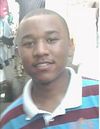
Edward Davis IV
- Alumni
- United States
- 2008 MPhil Social Anthropological Analysis
- St John's College
Global Anthropologist —— Scholar of Africa and the African Diaspora
Previous Education
University of California-Berkeley African American Studies 2006
New York University; The Gallatin School Africana political pedagogies in Francophone and Lusophone contexts 2004
Links
https://www.sd162.org/Domain/2049
http://UlonoGPS.com
https://www.linkedin.com/in/edward-c-davis-iv-phd-7504141a
Jacqueline Davis
- Alumni
- Australia
- 2014 PhD Psychology
- Clare College
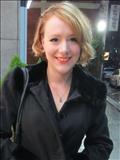
Jacqueline Davis
- Alumni
- Australia
- 2014 PhD Psychology
- Clare College
I come from a sub-tropical Australian city, and have strong family ties to rural and outback Australia. Having always lived in a relatively remote area, I am looking forward to the stimulation and connectedness of Cambridge. My interest in human systems and psychology was developed over a series of research projects looking at human interaction from a variety of perspectives, including criminology, developmental psychology, human behavioural ecology, conservation psychology, and cross-cultural behavioural economics. Volunteering in a women's legal aid centre inspired my passion for gender equality and interest in gender development. During my PhD I hope to learn about cross-cultural differences in gender development, and male and female societal roles, through fieldwork in a remote Pacific Island community. I am hugely excited to have this wonderful opportunity to learn and grow as part of the Gates Cambridge community.
Martin Dawidowicz
- Alumni
- Sweden
- 2002 PhD Law
- Trinity College

Martin Dawidowicz
- Alumni
- Sweden
- 2002 PhD Law
- Trinity College
Mary Beth Day
- Alumni
- United States
- 2009 PhD Earth Sciences
- Clare Hall
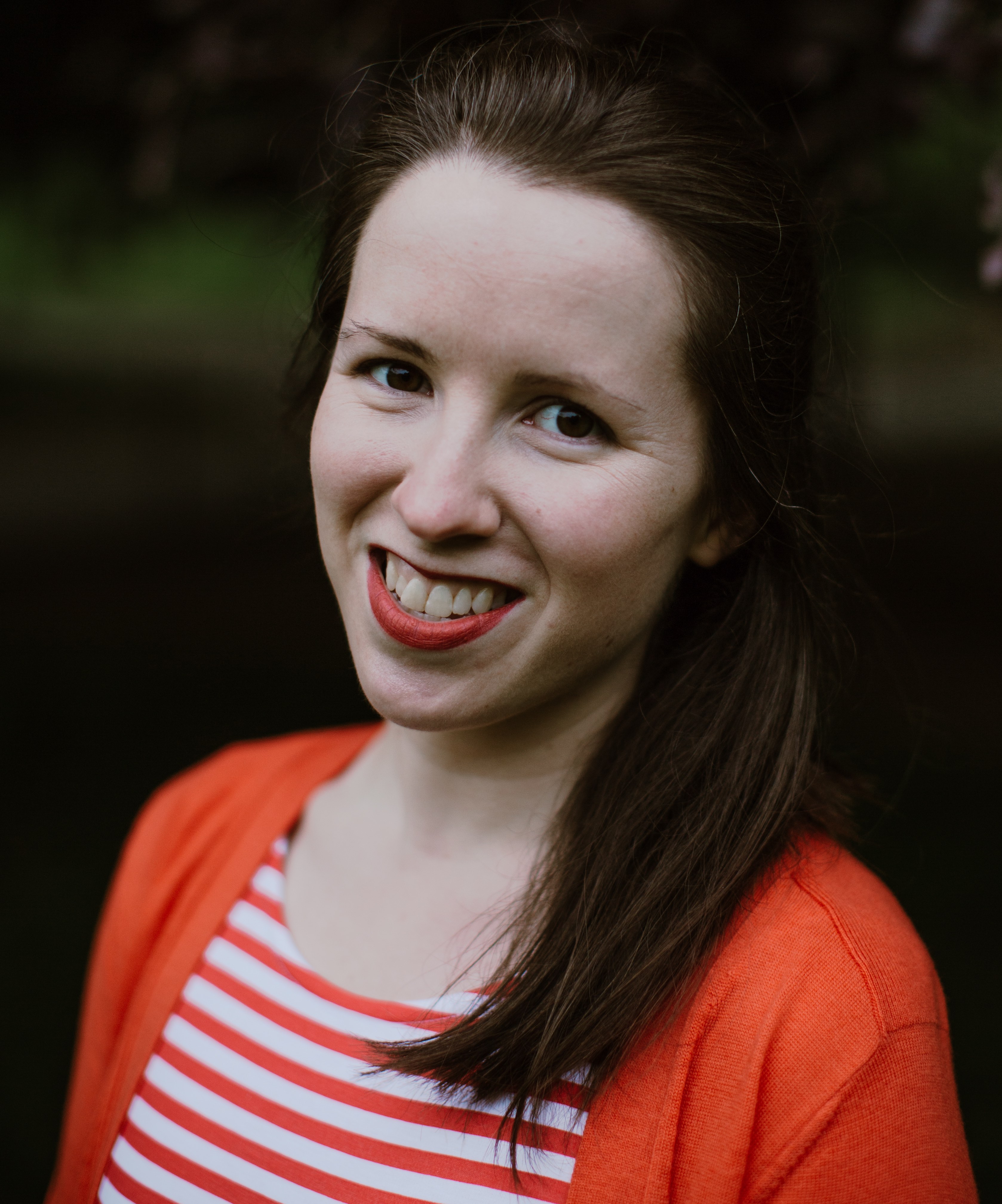
Mary Beth Day
- Alumni
- United States
- 2009 PhD Earth Sciences
- Clare Hall
My research was driven by an interest in the interactions between humans and their environment. Using lake sediment records, I could track changes in paleoclimate and paleoenvironment. This information can contribute to our understanding of human-climate-environment interactions in the past. My PhD focused on environmental and hydrologic change at Angkor and Tonle Sap Lake, Cambodia over the last 2,000 years. Currently, am I a facilitator and project manager supporting collaborative solutions to water and hydropower processes.
Links
Eckart De Bie
- Scholar
- Netherlands
- 2023 PhD Medicine
- Clare College
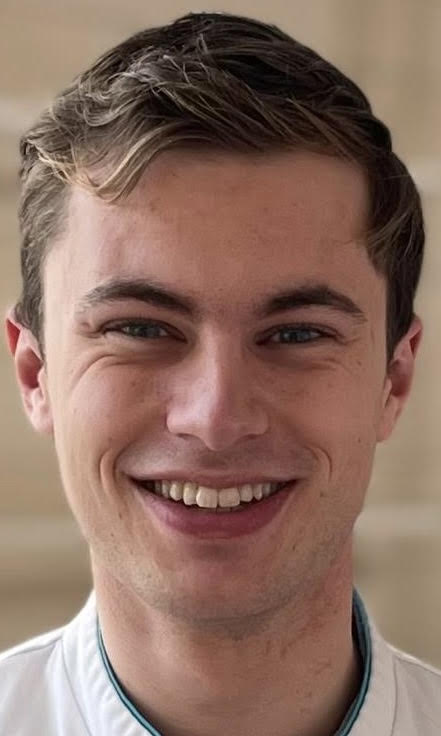
Eckart De Bie
- Scholar
- Netherlands
- 2023 PhD Medicine
- Clare College
I studied medicine at Radboud University (the Netherlands). During my studies I realised that, whilst working in medicine is both extremely rewarding and challenging, there are many patients for whom curative treatments are not available. This sparked my interest in translational research; I want to make a contribution to get science from the ‘bench to the bedside’ to improve the outcomes for patients. Therefore, I intermitted my medical degree to undertake an MPhil at the University of Cambridge, supervised by Dr Mark Toshner and Dr Chris Wallace. We investigated the link between autoimmunity and Pulmonary Arterial Hypertension (PAH); a rare but deadly cardiovascular disease. We found that a significant subset of PAH patients had a clear autoimmune signature. I was keen to further investigate this, which led me to apply for a PhD after completing my medical degree. In my PhD, I aim to identify the mechanisms mediating the link between autoimmunity and PAH as well as biomarkers associated with autoimmunity in PAH. In the future, this may result in personalised treatment and better outcomes for PAH patients. I am delighted to become a part of the community of Gates Cambridge Scholars and look forward to start in Cambridge!
Previous Education
Radboud University Nijmegen Medicine 2023
University of Cambridge Translational Biomedical Research 2020
Radboud University Nijmegen Medicine 2019
Ariel de Fauconberg
- Alumni
- United States
- 2020 PhD Management Studies
- Jesus College

Ariel de Fauconberg
- Alumni
- United States
- 2020 PhD Management Studies
- Jesus College
My interest in untangling the 'grand challenge' of climate change mitigation was sparked as a National Geographic documentary intern in 2007. Since then, my education and professional work has delved into understanding the complexities of this issue from a Management perspective. After earning an MPhil in Geography & the Environment at the University of Oxford, I worked as a Research Fellow at Babson College, conducting studies on clean energy entrepreneurship and female-led, high growth, high-potential firms. I intend to research climate change mitigation and transition strategies for my PhD. More specifically, I am interested in challenges that large organizations -- particularly those in the oil and gas industry -- face while pursuing alternative energy-related innovations. Given the potential severe, pervasive and irreversible impacts of many climate change-related phenomena on Earth systems, research in this area is necessary to produce theories and evidence on which we can base organizational decisions and public policies for the long-term well-being of global society. I am excited and honoured to be joining the Gates Cambridge community this year.
Previous Education
University of Cambridge Innovation, Strategy, and Orga 2020
Bentley College Business Administration 2016
University of Oxford Geography and the Environment 2014
Larissa de Freitas Lyth
- Scholar
- Brazil
- 2022 PhD History
- Peterhouse
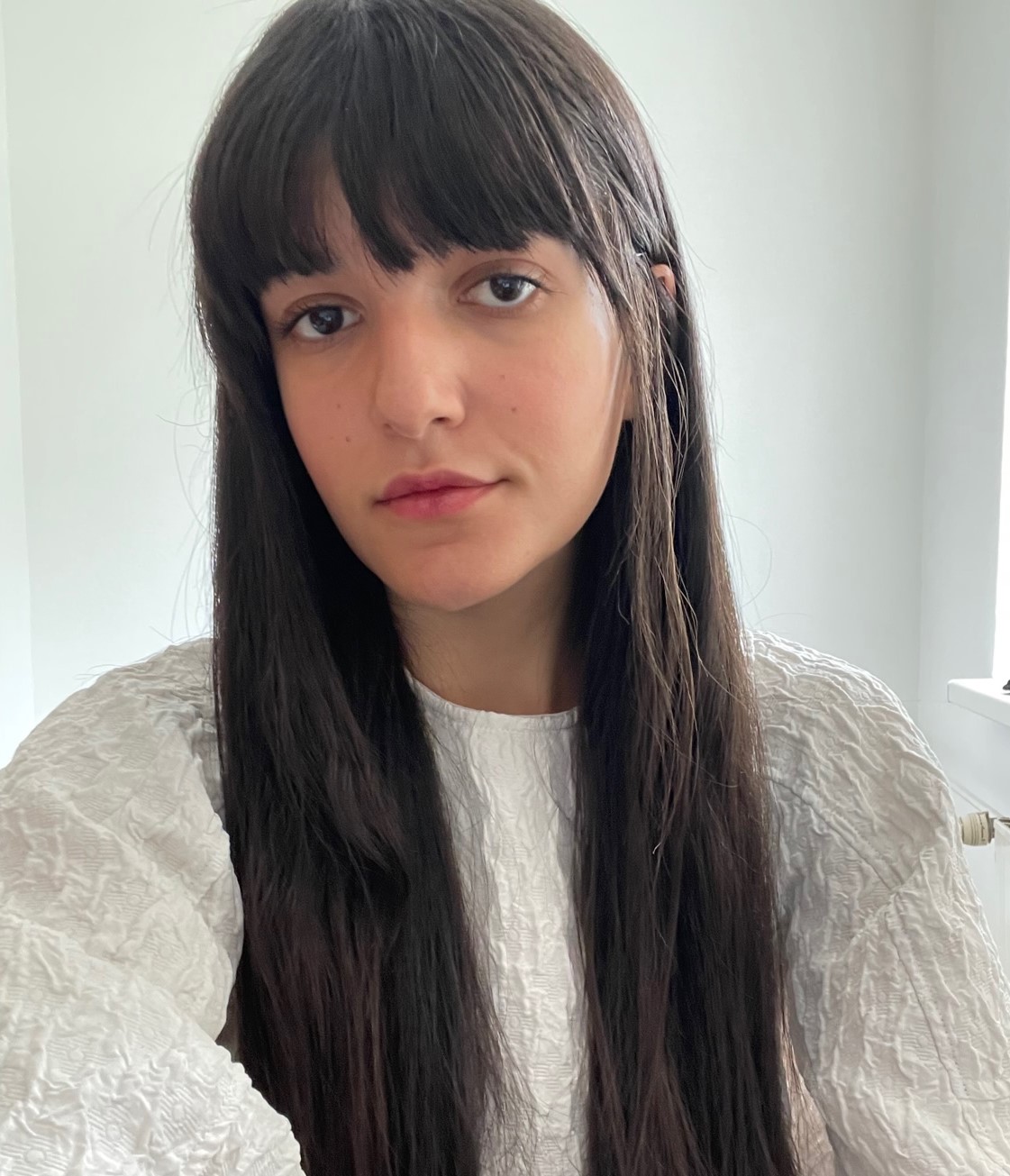
Larissa de Freitas Lyth
- Scholar
- Brazil
- 2022 PhD History
- Peterhouse
Born in Curitiba, Paraná, in Southern Brazil, I have always been passionate about history and religion. As an undergraduate at the Pontifical Catholic University of Paraná, I became interested in how non-Christian practices and beliefs were viewed and dealt with in a Christian environment. My research and dissertation explored the idea of ‘maleficium’ in Regino of Prum’s ‘Canon episcopi’ and, later, my MA dissertation focused on how penance was used to regulate sexual practices in the 11th century ‘Corrector sive medicus’ as well as superstitions and magic. During my PhD at Cambridge I will study both the Valais Witchcraft trials (1428-c. 1436) and the accusations against the Waldensians in the second half of the 15th century, and how they compare to confessors manuals. My proposal for this thesis builds upon an ongoing interest in the formation of the stereotypical image of so-called ‘witches’ and its medieval origins. My research aims to focus on a comparison between the trials and the confession manuals in order to find out where they share similarities with inquisitorial culture and where they differ from it.
Previous Education
Universidade Federal do Parana History 2021
PUCPR History 2016
Marlen de la Chaux
- Alumni
- Germany
- 2013 PhD Management Studies
- Selwyn College
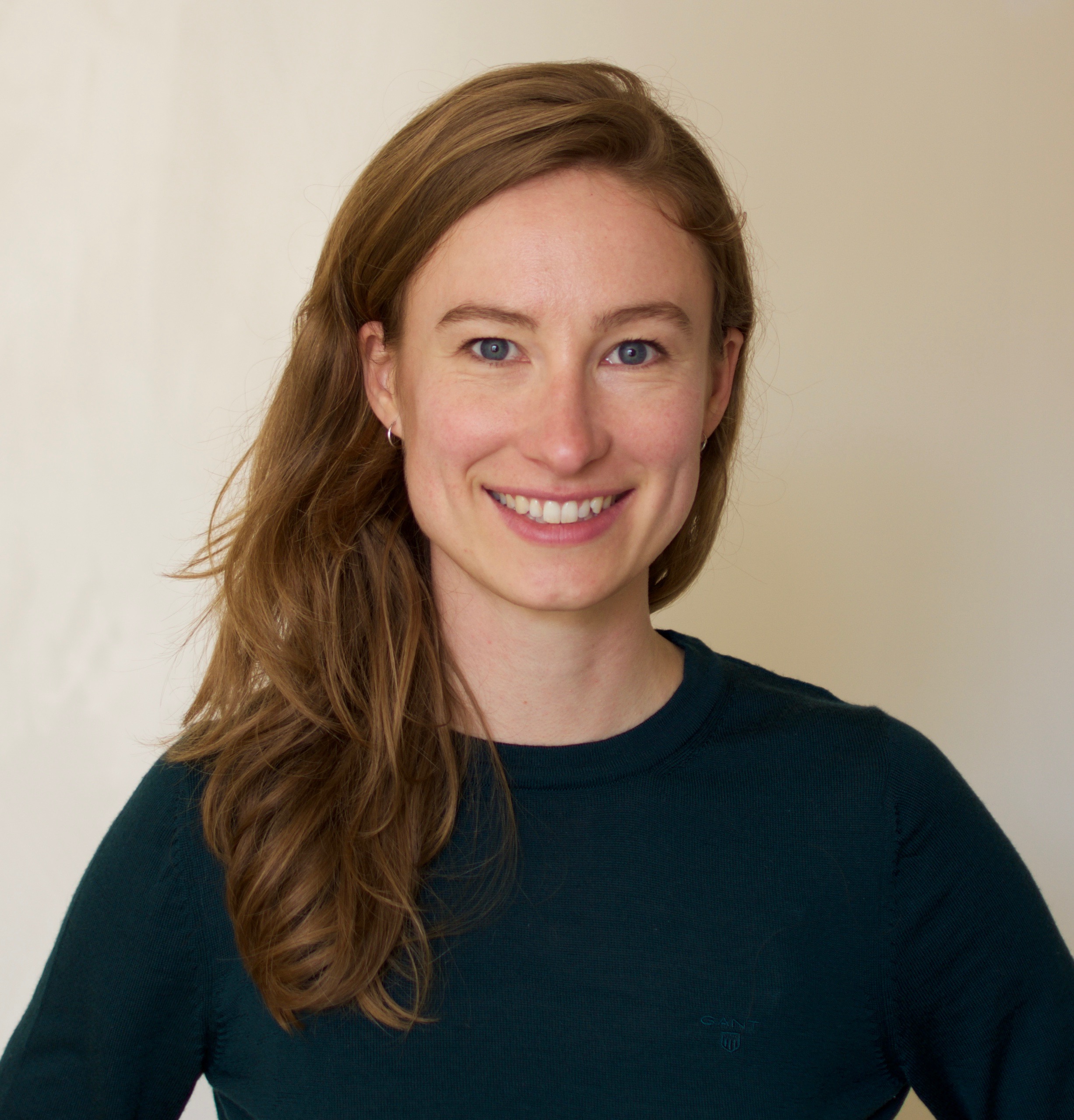
Marlen de la Chaux
- Alumni
- Germany
- 2013 PhD Management Studies
- Selwyn College
Marlen is a technical expert at the United Nation's International Labour Organization (ILO). Her work focuses on sustainable growth and decent work in SMEs. For the past 10 years, Marlen has been committed to promoting sustainable entrepreneurship and enterprise development as a researcher and practitioner. Prior to joining the ILO, she held positions with the UN Refugee Agency (UNHCR), the German Government, and as a researcher and instructor at the University of Cambridge, UK.
Links
Alix De Saint-Aignan
- Scholar-elect
- United States, France
- 2026 MPhil Global Risk and Resilience
- Murray Edwards College (New Hall)
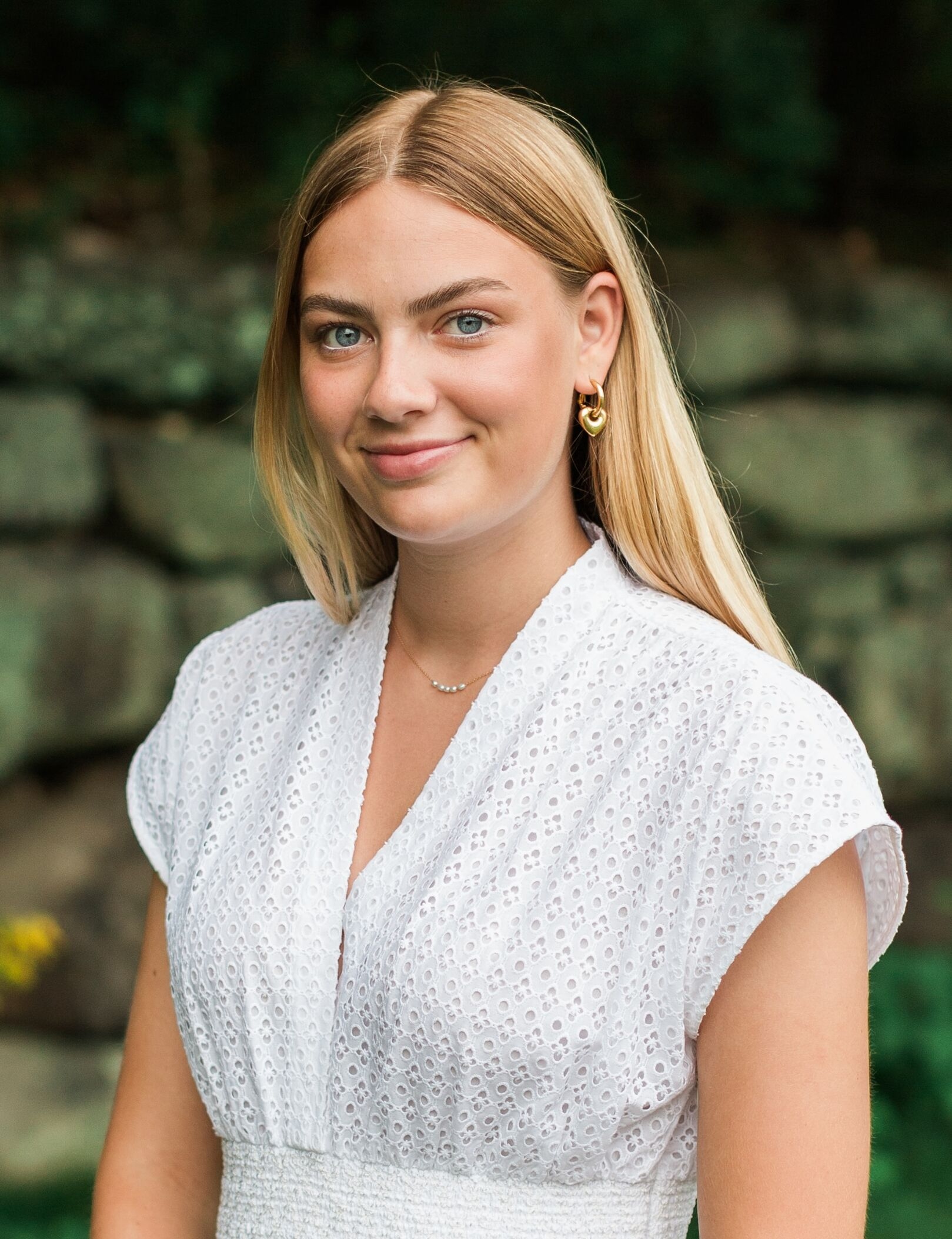
Alix De Saint-Aignan
- Scholar-elect
- United States, France
- 2026 MPhil Global Risk and Resilience
- Murray Edwards College (New Hall)
My path toward studying security and resilience began during a gap year in Paris, where I watched debates about terrorism, policing, and national identity play out not just in headlines but in daily life—on trains, in classrooms, and in conversations with friends from across the city. Living there made it clear that security policies are not abstract; they shape how people feel they belong. That experience led me to study political science and peace, war, and defense at UNC Chapel Hill, where my research examines how counterterrorism measures affect public trust and democratic legitimacy. Outside the classroom, I am a coxswain and have trained with both U.S. and French national team programs, learning to make calm decisions in high-pressure environments and to lead across cultures. At Cambridge, I hope to study global risk and resilience to understand how institutions can navigate uncertainty while preserving legitimacy. I am excited to join a community committed to principled, globally minded public service.
Previous Education
The University of North Carolina at Chapel Hill Political Science and Peace, War and Defence 2026
Stijn De Schepper
- Alumni
- Belgium
- 2002 PhD Geography
- Wolfson College

Stijn De Schepper
- Alumni
- Belgium
- 2002 PhD Geography
- Wolfson College
R. M. Harshini de Silva Pandithasekera
- Alumni
- Sri Lanka
- 2023 MPhil Conservation Leadership
- St John's College
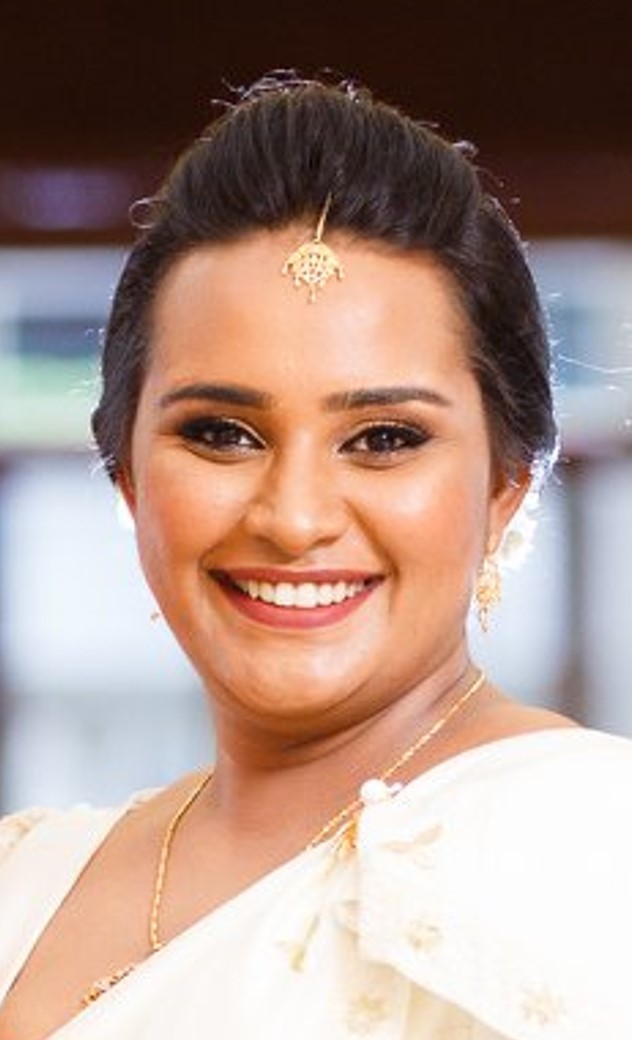
R. M. Harshini de Silva Pandithasekera
- Alumni
- Sri Lanka
- 2023 MPhil Conservation Leadership
- St John's College
I am a conservation and sustainability professional, extremely fortunate to have been born and brought up in a global biodiversity hotspot with its own share of opportunities and challenges. My childhood travels across Sri Lanka, Sir David Attenborough’s documentaries and my own family’s mission to live sustainably, inspired a passion within me to study further and work in this field. This led me to pursue a BSc. degree in Environmental Science, Botany and Chemistry at the Bangalore University, and a MSc. degree in Biodiversity, Ecotourism and Environmental Management at the University of Peradeniya. As the first woman from Sri Lanka to earn a LEED Accredited Professional title from the Green Building Certification Institute, USA, I also received a scholarship to the Asia Pacific Leadership Programme at the East-West Center in Hawaii. My career spanning the inter-governmental, non-governmental, academic and private sectors in Sri Lanka and abroad for over 15 years, was integral in identifying the legacy I intend to create. I am now incredibly honoured to join the esteemed community of Gates Cambridge scholars, which will empower me to establish an institution that would facilitate the development of future conservation leaders.
Previous Education
University of Peradeniya Biodiversity Ecotourism Env. M 2017
Bangalore University Env. Science Botany Chemistry 2007
Links
Simon De Smet
- Alumni
- Belgium
- 2006 PhD Law
- Gonville and Caius College
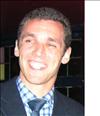
Simon De Smet
- Alumni
- Belgium
- 2006 PhD Law
- Gonville and Caius College
My research focuses on what Justice Jackson once described as "establishing incredible events by credible evidence". I am thinking about how international courts and tribunals can make their fact-finding process more efficient and at the same time more accurate. This entails looking at a broad spectrum of procedural and evidentiary rules and a lot of comparative law.
Floris de Vries
- Alumni
- Netherlands
- 2014 PhD Biological Science @ MRC CBU
- Jesus College
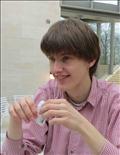
Floris de Vries
- Alumni
- Netherlands
- 2014 PhD Biological Science @ MRC CBU
- Jesus College
I have done my Bachelor’s in Liberal Arts and Sciences at University College Utrecht in the Netherlands, including a semester at the University of Edinburgh, Scotland. I subsequently studied Cognitive Science at the École Normale Supérieure in Paris, France, and completed an MSc in Cognitive Neuroscience at Radboud Universiteit Nijmegen in The Netherlands. Throughout my studies, I have always been particularly fascinated by language in all its aspects and diversity. At Cambridge, I will embark on a PhD at the MRC-CBU, in which I will investigate how neuronal oscillations in auditory cortex aid listeners to perceive speech in challenging listening situations. In addition, I hope to be able to bridge gaps between different academic disciplines, and to meet people from all walks of life to jointly enjoy how much fun (and how relevant) scientific thought is, no matter the topic at hand.
Richard Dear
- Alumni
- United Kingdom, Australia
- 2021 PhD Psychiatry
- Trinity Hall

Richard Dear
- Alumni
- United Kingdom, Australia
- 2021 PhD Psychiatry
- Trinity Hall
“Why do people suffer?” asked a 13-year-old boy with many passports, when he travelled and saw his privilege reflected in the eyes of the world. Born to two statistics professors he was curious about anything besides academia, and so left his Australian physics degree for the adventure of technology startups in China. He wandered to monasteries in Tibet, sat for ten days of silent meditation at the edge of a South African desert, and tried to appreciate all he was born with by working as a data scientist at Airbnb, in a gleaming office just around the corner from the tents of the homeless.
Depression clouded that young man's mind. Emerging on the other side thanks to care that so few can access, he wondered, “If even I, with all my comforts, feel such pain, perhaps Buddha was right that suffering begins in the mind?”
And so I left Silicon Valley for Cambridge to contribute what I can to depression research. Neuroscience is in a golden age, powered by technologies that link brain scans, genetics, and socioeconomics to drugs, therapy, and public policy. Yet we are challenged by the brain’s complex biology, inconsistent psychiatric diagnoses, archaic and unjust healthcare systems, and the dramatic increase in mental illness especially among youth. I am grateful for this chance to offer what I can to help others also find their way from suffering to happiness.
Previous Education
University of Cambridge Neuroscience 2021
National University of Singapore Physics 2013
Australian National University Physics 2013
Lily DeBell
- Alumni
- United States
- 2024 MPhil Biological Science at the MRC Laboratory of Molecular Biology
- Churchill College
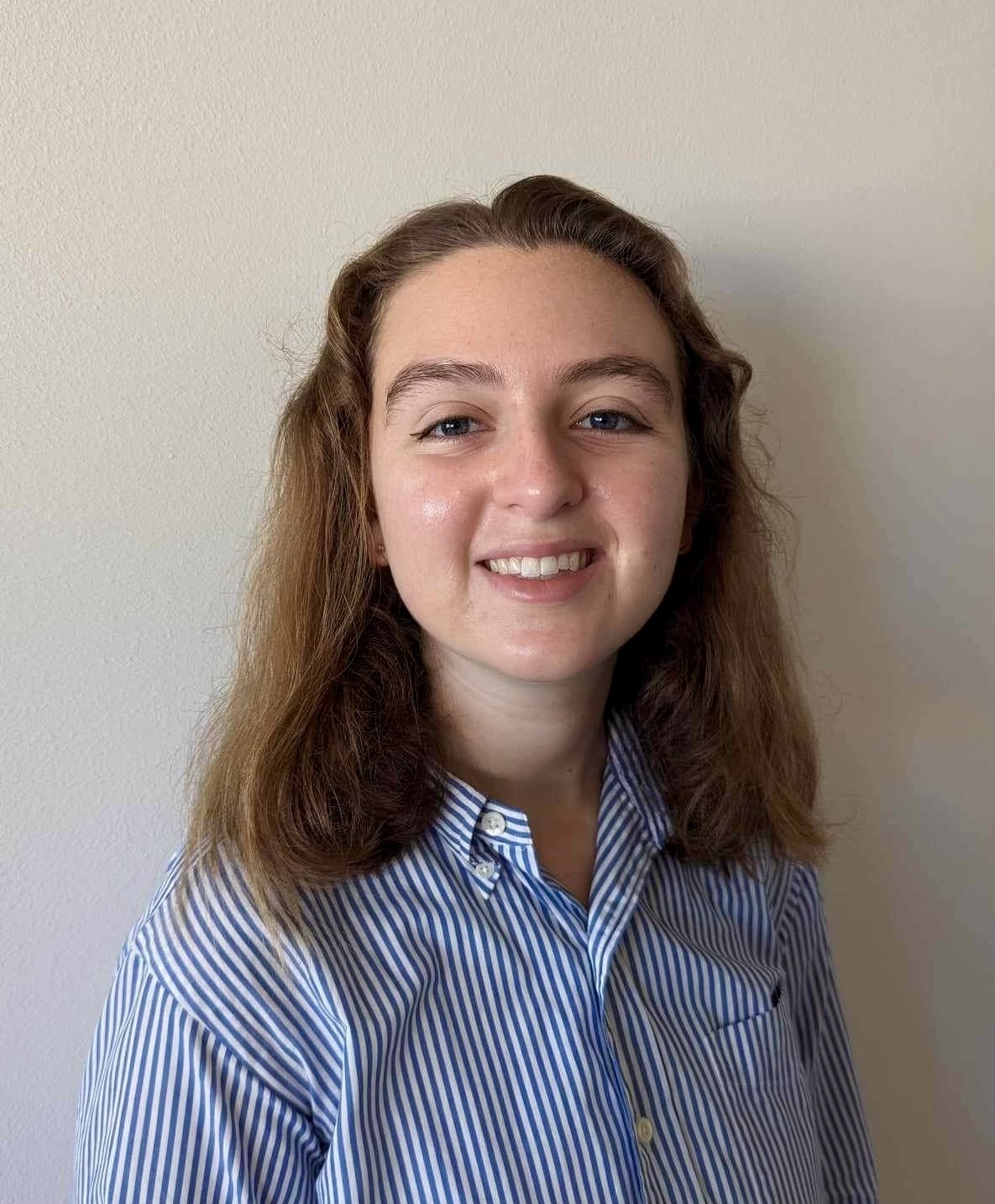
Lily DeBell
- Alumni
- United States
- 2024 MPhil Biological Science at the MRC Laboratory of Molecular Biology
- Churchill College
Through my undergraduate degree in biology at the California Institute of Technology, I became fascinated by biochemistry and structural biology. These disciplines enable scientists to understand the molecular basis of cell processes and disease. At Cambridge, I will complete an MPhil in Biological Science in Dr. Lori Passmore’s group at the MRC Laboratory of Molecular Biology. My MPhil project will explore the role of protein adaptors in guiding targeted deadenylation of mRNAs. This research will help define the rules governing the interactions of adaptor proteins with deadenylating complexes to regulate gene expression. Deadenylation is one strategy used by cells for restricting gene expression. If an RNA must be degraded to stop expression, its poly(A) tail is removed through deadenylation. Thus, deadenylation allows for gene expression programs to change rapidly in response to cellular cues. This project will promote advances in medicine and human health by establishing a basis for future research on new tools to manage gene expression during disease. I am pleased to be part of the Gates Cambridge program and look forward to working alongside students performing cutting-edge research to improve the human condition.
Previous Education
California Institute of Technology Biology 2024
Ramit Debnath
- Alumni
- India
- 2018 PhD Architecture
- Churchill College

Ramit Debnath
- Alumni
- India
- 2018 PhD Architecture
- Churchill College
With a background in electrical engineering and computational social sciences, I design collective intelligence approaches to provide a data-driven, complex system-level understanding of barriers to climate action in the Anthropocene, their interactions, and how these translate to leverage points for policy and behavioural interventions at scale. Previously, I held positions at Caltech, Cambridge Computer Laboratory, International Energy Agency, Stanford University and IIT Bombay. I received MPhil and PhD from the University of Cambridge as a Gates Scholar.
Links
https://camcid.github.io
https://www.collectivedesign.group.cam.ac.uk/team.html
https://www.linkedin.com/in/ramit-debnath-b1980a204








